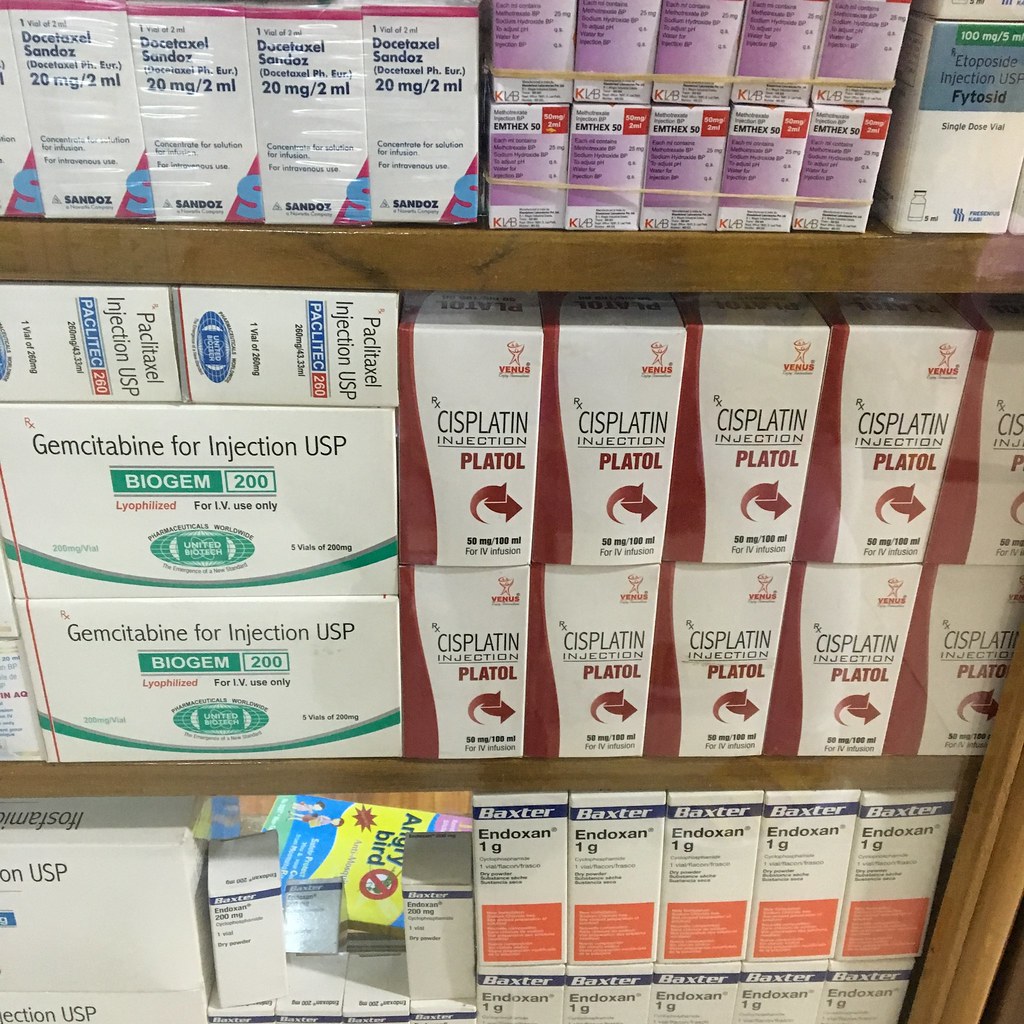Important drugs for treating cancer patients undergoing chemotherapy including carboplatin, cisplatin and methotrexate are headed toward a critical scarcity at cancer treatment centers, according to a recent survey by the National Comprehensive Cancer Network (NCCN).
This problem is not a new one. The Biden administration put out a statement in September to explain why there was a shortage and what the administration plans to do to solve it. In that statement, the White House said manufacturing and supply chain issues were responsible for the shortage of these life-saving medicines and others as well:
“Unfortunately, the United States is currently experiencing a shortage of 15 cancer drugs due to manufacturing and supply chain issues. . . Several generic oncology drug manufacturers have discontinued products over time . . . [and] manufacturing site closures cut the U.S. supply of these three drugs nearly in half.”
While this has not reached a crisis stage yet, the numbers coming from research conducted by are alarming for the future if drug production isn’t stabilized. The NCCN surveyed 29 cancer centers throughout the United States and reported that 72 percent had reported shortages of carboplatin and that 62 percent of cancer treatment centers surveyed had no indications from suppliers of when carboplatin would become readily available.
While the White House statement about shortages of 15 different medicines is a startling figure, the NCCN report shows that all but five percent of surveyed centers can still provide their carboplatin regimenes for all patients currently receiving care.
The Cure Today, an oncology news service, provided an interesting explanation for the discontinuation of certain oncological drugs by looking at the system of privatized healthcare and problems in the industry.
The withdrawal of manufacturers from producing certain oncological medicines can be partially attributed to decreasing profit margins for these products after patents on the drugs expire, the news service found. Additionally, because chemotherapy medicine is primarily produced outside the United States, manufacturers have no obligation to disclose which drugs are at risk of shortage.
The foreign manufacturing of oncological pharmaceuticals also factors into the current shortage, with aftereffects from the COVID-19 pandemic slowing down production. Boston University Medical Center reported that “COVID-19 also shuttered Chinese factories that manufactured drug ingredients. . . . [Then] Indian manufacturer Intas suspended production following quality problems highlighted by the U.S. Food and Drug Administration.”
The effects of the pandemic and declining industry profits have continuously compounded, resulting in the situation seen today. The Biden administration is working to keep the situation in check with these policies:
- Identifying opportunities to increase manufacturing capacity for generic carboplatin and cisplatin
- Ordering the Food and Drug Administration (FDA) to find ways to increase generic methotrexate through cooperation with drug manufacturers
- Ensuring cooperation among the FDA, manufacturers and health care providers to protect the current 400,000 patients’ monthly regimen
The importance of protecting the carboplatin and cisplatin supply cannot be overstated, as these drugs are used in the treatment of prostate cancer, lung cancer, breast cancer and different variations of leukemia and lymphoma. The American Cancer Society puts the number of Americans projected to be diagnosed with cancer in 2023 at just over 1.9 million and the number of expected deaths from cancer at more than 600,000.

